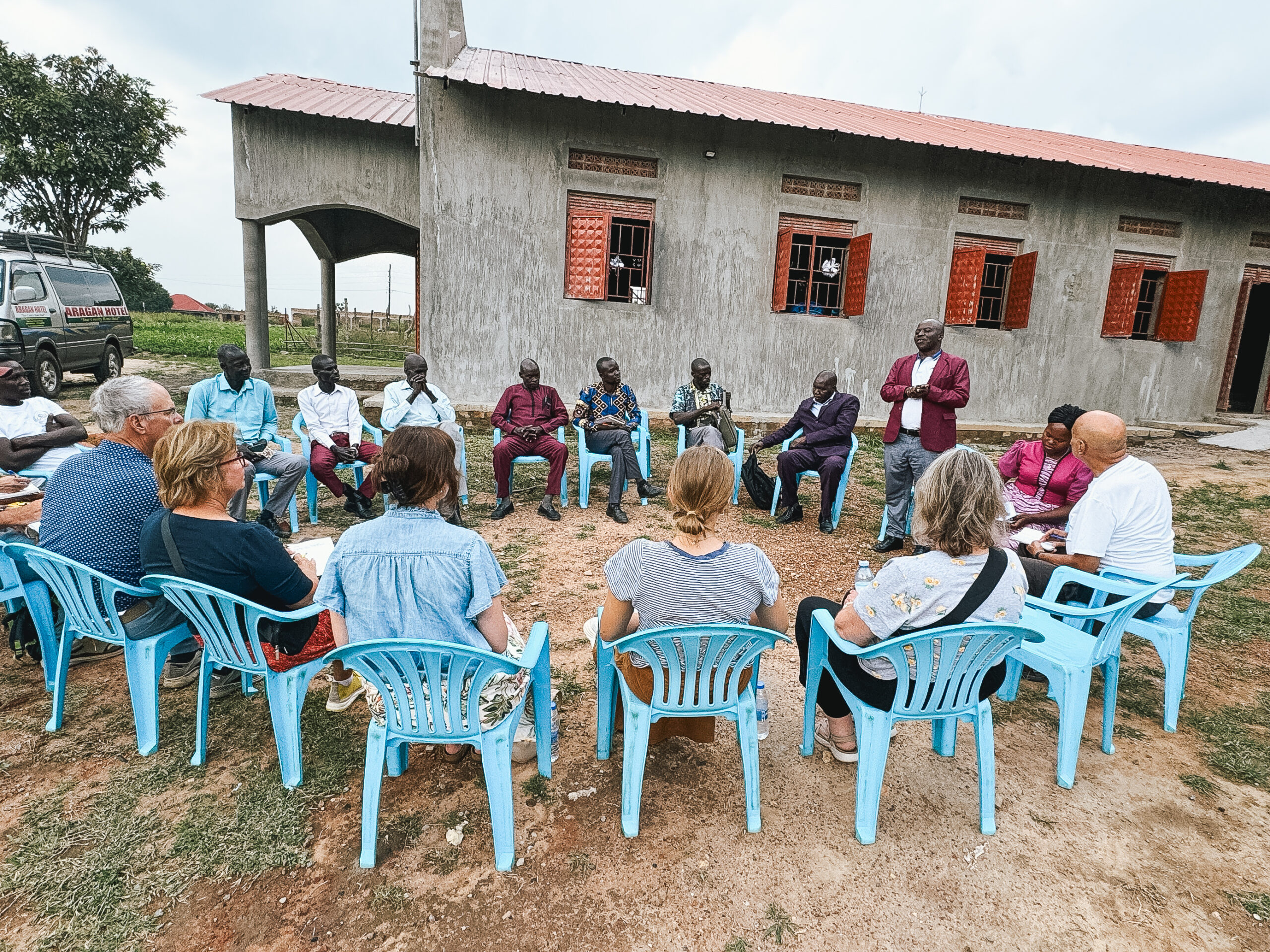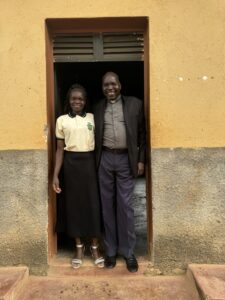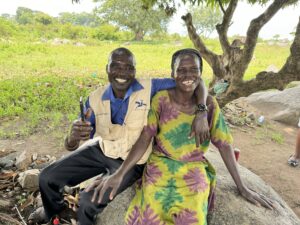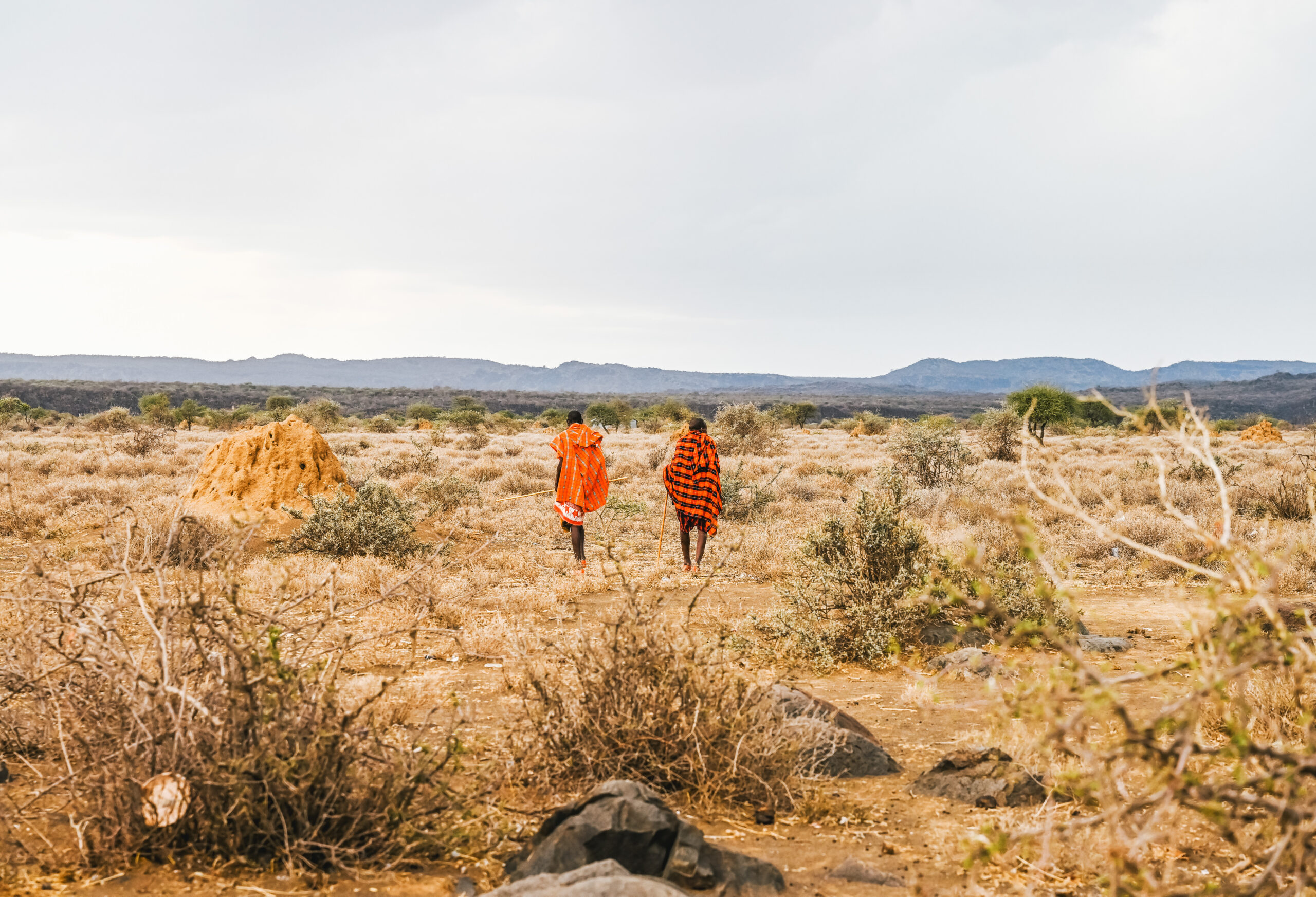Jordan McGuire, our Director of Church & Missions Engagement, recently had the opportunity to visit some of the communities where Life In Abundance has been working. She shared a powerful experience from one of her visits. As Jordan sat among other visitors, listening to their stories of transformation, a group of local pastors said:
“We need to use God-given things within our surroundings to sustain our lives.”
For Jordan, it was a moment of amazement. She had visited many vulnerable communities impacted by LIA’s work, but this was the first time she witnessed a community where LIA had fully handed over the reins to local leaders. She had seen communities at various stages of our three-year process of wholistic transformational development, where there was still a need for further growth and capacity building. But this visit was different.
The pastors weren’t asking for anything. Instead, they had come to realize that they didn’t need to wait for outside help. Together, they were addressing the needs of their community.
This experience brought to Jordan’s mind a story from the Gospels—when Jesus fed the five thousand. She couldn’t help but notice the similarities to LIA’s approach. In the story, Jesus and His disciples sought a quiet place to rest, only to be met by a large crowd. Compassionate, Jesus began to teach. As the day turned to evening, the disciples realized it was time for dinner, and I can imagine them debating whether to send the crowd away.
Yet Jesus saw it as a teaching moment for His disciples. “You give them something to eat,” He told them. The disciples, perplexed by the sheer number of people, gathered what they could—just two fish and five loaves of bread. Jesus gave thanks, broke the bread, divided the fish, and then sent the disciples to feed the crowd. Not only did everyone eat until they were satisfied, but there were leftovers. A small amount became more than enough.
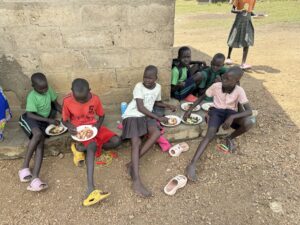
Jordan shared that this is how LIA’s conversations with churches often go when they enter a new community. Churches often don’t see what they’re capable of or the resources already at their disposal. LIA helps them recognize the potential God has placed around them to serve as the hands and feet of Jesus in their local context.
When churches come together, acknowledging what they have and giving thanks for God’s provision, God often does far more than they could have imagined.
She recalled the pastors in Northern Uganda, who had a deep desire to see God’s Kingdom transform their community. However, they were grappling with the same challenges that faced their neighbors.As LIA walked alongside them, helping them see what God could do with even their smallest resources, the transformation was profound. In their words: “Our minds have been opened.”
Through all of this, Jordan emphasized that it’s easy to overlook the most vital part of the process: thanksgiving.
It’s in giving thanks that our eyes are opened to God, the ultimate provider.
When Jesus gave thanks, He saw what the disciples couldn’t—the abundance amid apparent lack. Thanksgiving gives us the perspective of God, helping us see the way He sees. Once local churches begin to give thanks, recognizing God’s provision even in the most remote and challenging areas, they become unstoppable. With hearts and minds opened by gratitude, they can see all that God can accomplish in and through them, no matter where they go.
This story of transformation reflects the heart of our current campaign, Generational Harvest. By partnering with Life In Abundance, you can help empower local churches and leaders to recognize God’s provision and create lasting change in their communities. Visit our campaign page to learn how you can be part of this ongoing harvest and invest in an impact that will stand the test of time. Together, we can sow seeds of sustainability for generations to come!



